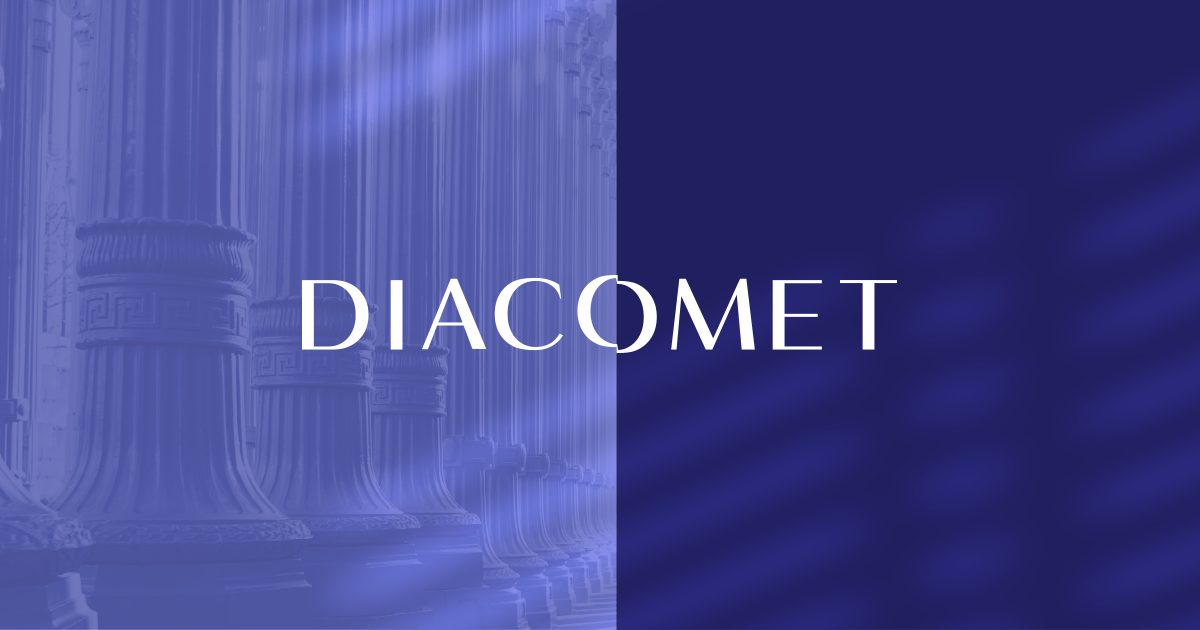Launching Horizon Europe project DIACOMET

Is it possible to ensure societal and media ethics standards in communication? How to reduce the spread of hate speech and disinformation on the internet? These and other questions will be addressed by the new EU-funded project called DIACOMET, which will be implemented by Vytautas Magnus University (VMU) in collaboration with partners from 8 European countries. Journalists and the public will be able to learn more about the project at the kick-off event in Kaunas on June 13-14. Among the event participants is Aidan White, the founder of the Ethical Journalism Network and former General Secretary of the International Federation of Journalists.
The project aims to generate a concept of dialogic communication ethics and provide a framework for an inclusive model of accountability mechanisms that combines media accountability (the level of organizations) with civic accountability (the level of citizens). DIACOMET will also create an interactive ‘dilemma game’ and a forum for learning and discussion. It also proposes to establish a European network of civic accountability bodies for supporting individuals, groups and organizations and providing recommendations for decision-makers.
“No doubt that digital transformation is enabling positive changes and advantages for society as a whole, but at the same time it acknowledges the growing risks and concerns due to disinformation, propaganda, hate speech, and incitement to conflicts. These issues testify to fundamental transformations of the public sphere and the role of mediated communication actors,” explains Kristina Juraitė, the project coordinator and head of the Department of Public Communications at VMU.
According to the professor, media users are taking the central place in the digital communication ecosystem, which makes the principles of respect, empathy, transparency, and social responsibility even more important. In such a turbulent and dynamic environment, it is necessary to talk about ethical communication, based on moral norms, democratic values, and human rights.
“All those participating in the digital environment should adhere to these principles. They should understand and demonstrate not only freedom of speech but also responsibility and accountability. We hope the DIACOMET project will promote ethical and responsible communication, aiming to strengthen citizens’ resilience to disinformation and civic accountability,” says Prof. Kristina Juraitė.

According to the project initiators, the existing framework of public communication does not empower citizens to influence the ways the media institutions and actors operate in European democracies. Digital communication has significantly expanded the ways of engaging audience members as coproducers, critics, information sources etc., but at the same time, it poses numerous challenges. Therefore, DIACOMET aims to promote citizens’ resilience and accountability and support ethical communication.
The DIACOMET project “Enhancing Civil Resilience and Participation Capabilities: Ethics and Accountability of Dialogue Communication” is part of the “Horizon Europe” research and innovation program under “Culture, Creativity, and Inclusive Society.”
The project coordinator is Vytautas Magnus University, Department of Public Communications. Project partners include universities, research institutions, media outlets, and non-governmental organizations: University of Tartu (Estonia), University of Tampere (Finland), Austrian Academy of Sciences, University of Ljubljana (Slovenia), Utrecht University of Applied Sciences (Netherlands), UAB Delfi (Lithuania), Hungarian European Society, Center for Policy Studies “Praxis” (Estonia), associated partner – University of Italian Switzerland (Switzerland).
The DIACOMET project launch event will take place on June 13-14 at Vytautas Magnus University (V. Putvinskio st. 23, Room 310). The project will also be presented on June 15, Thursday, from 9:00 to 10:30 a.m. at the conference “Turning Points: Values and Conflicting Futures in the Baltics.”










